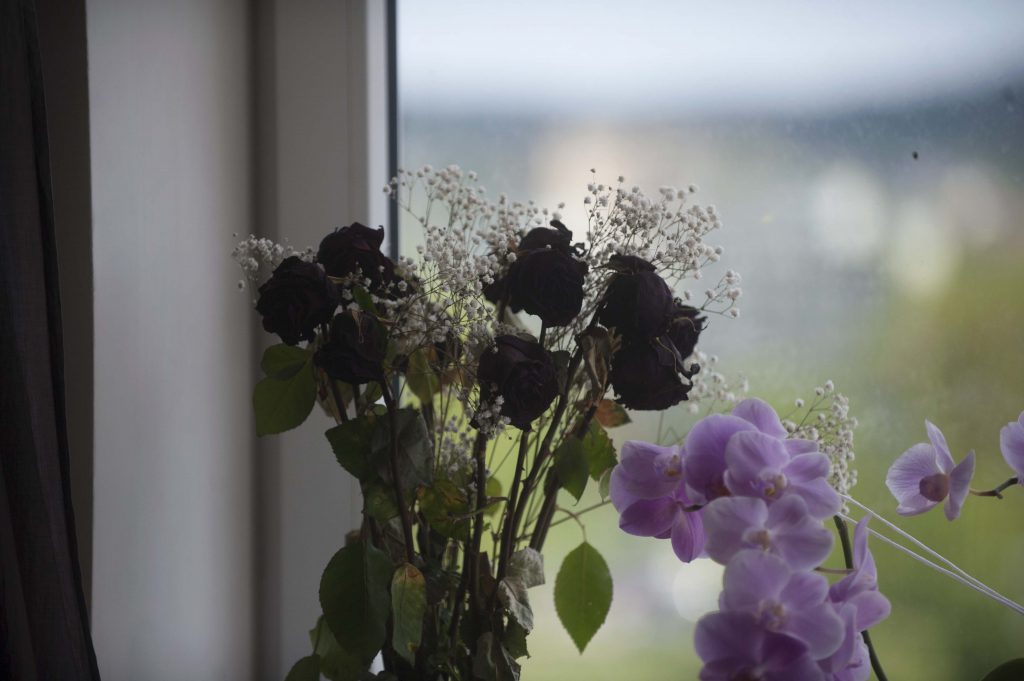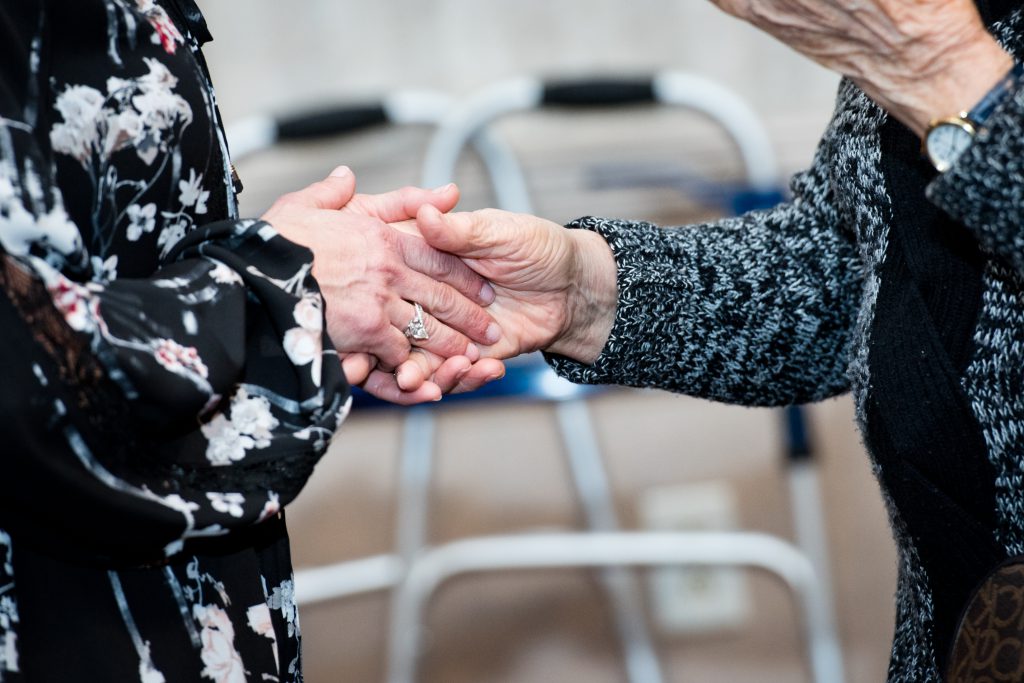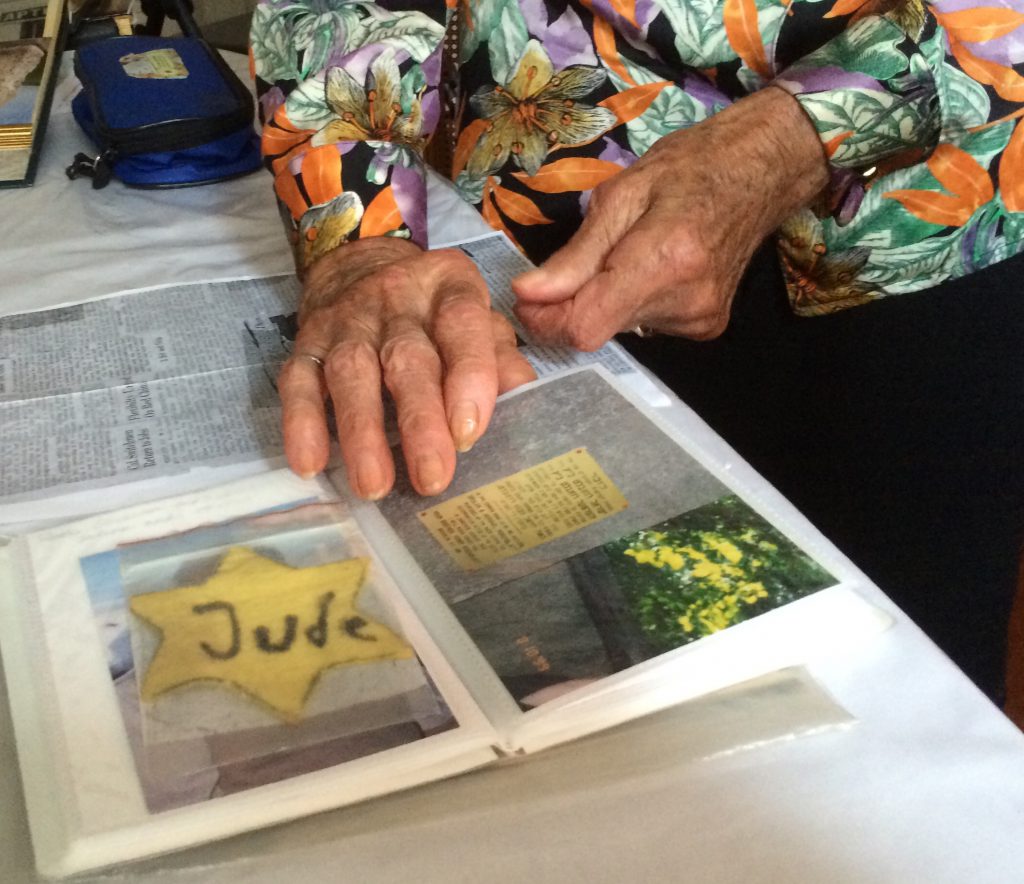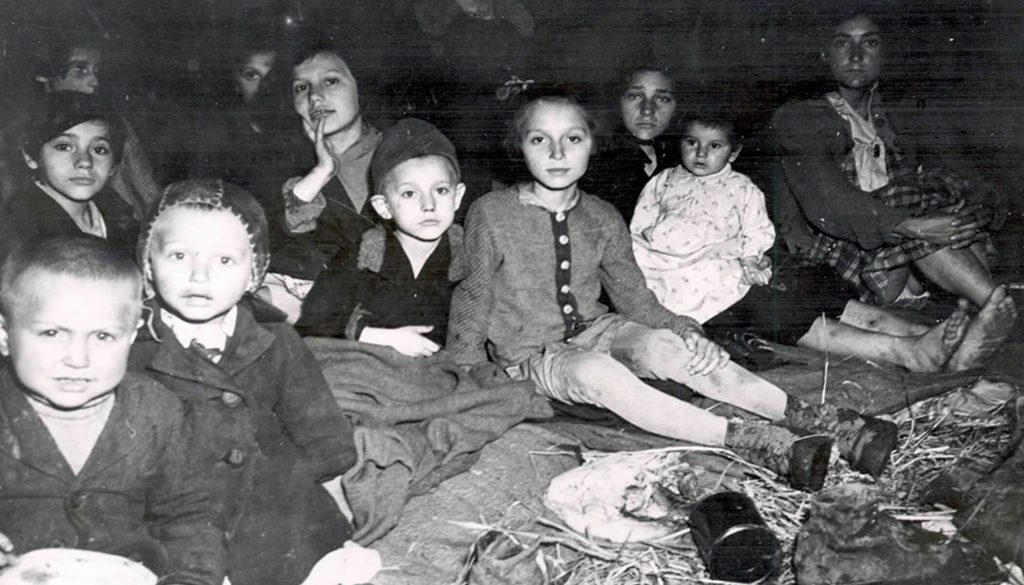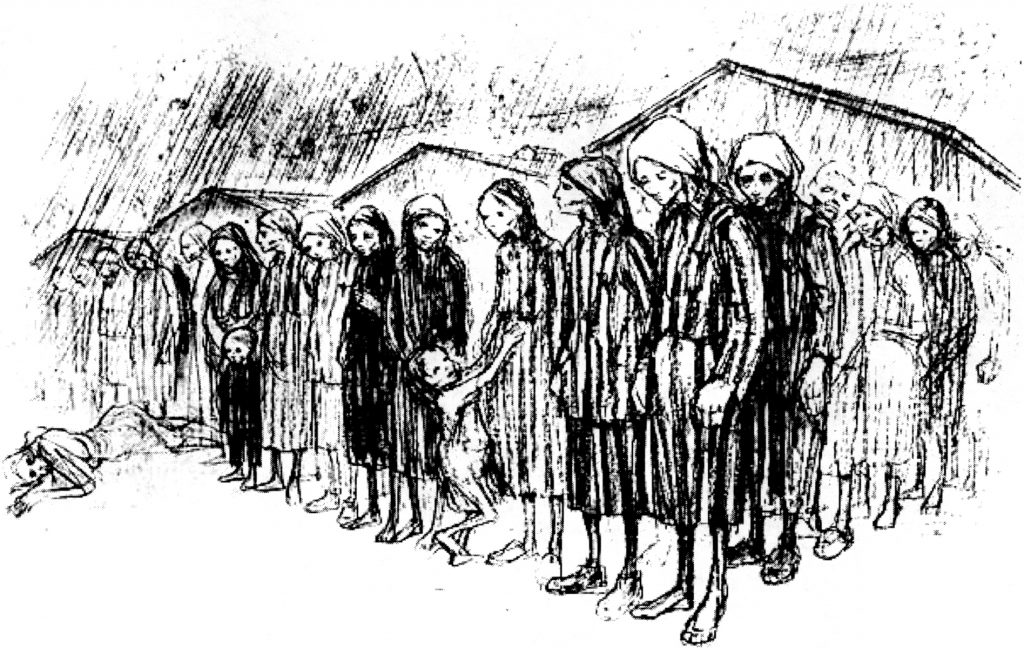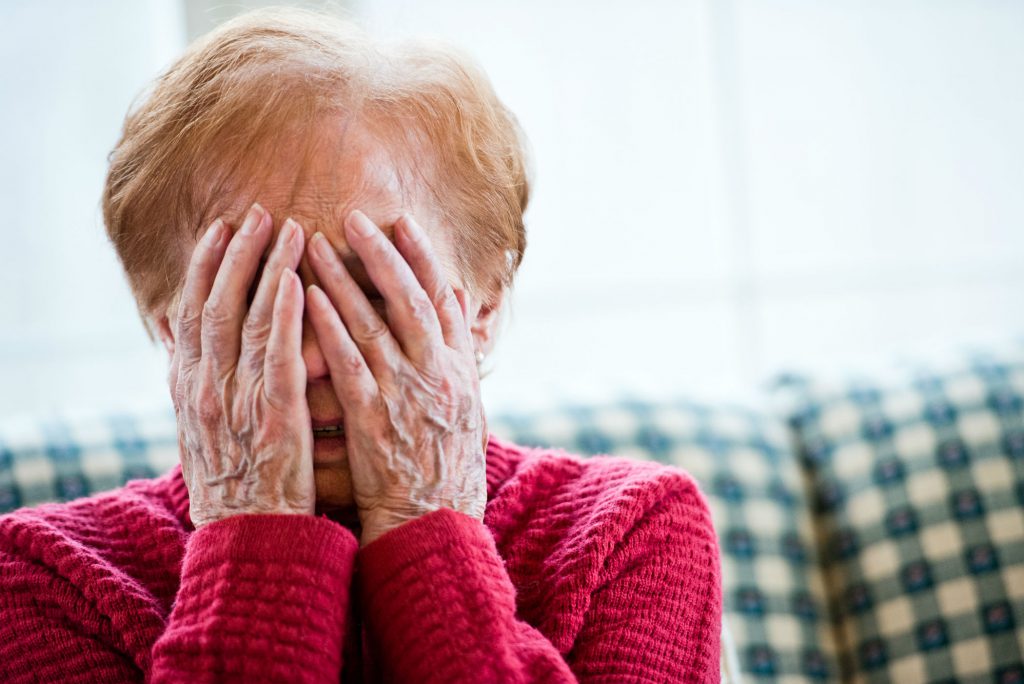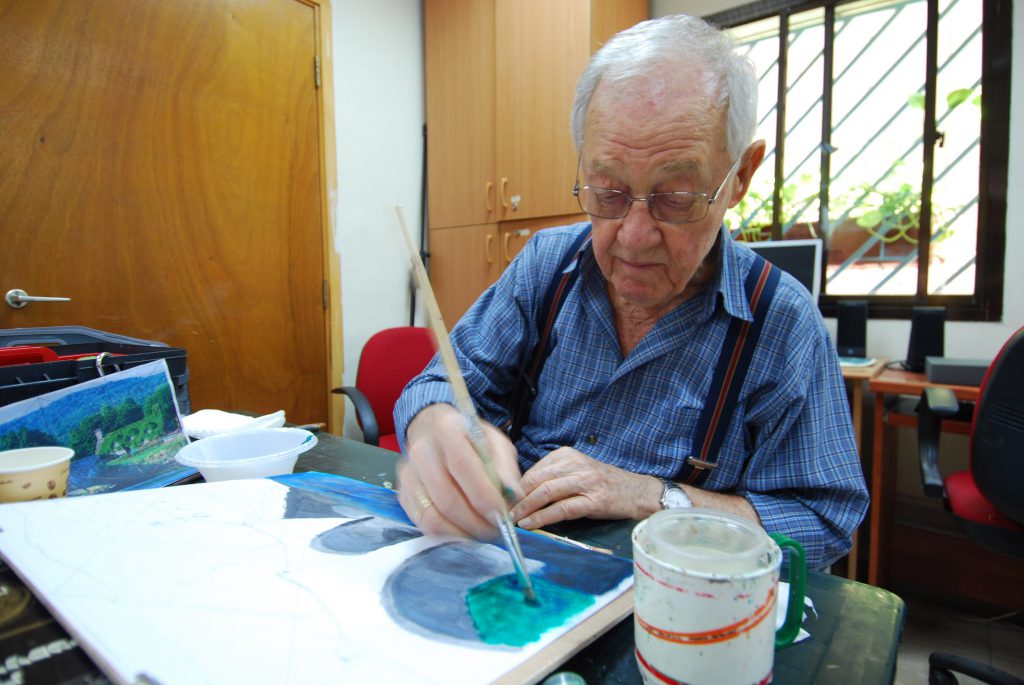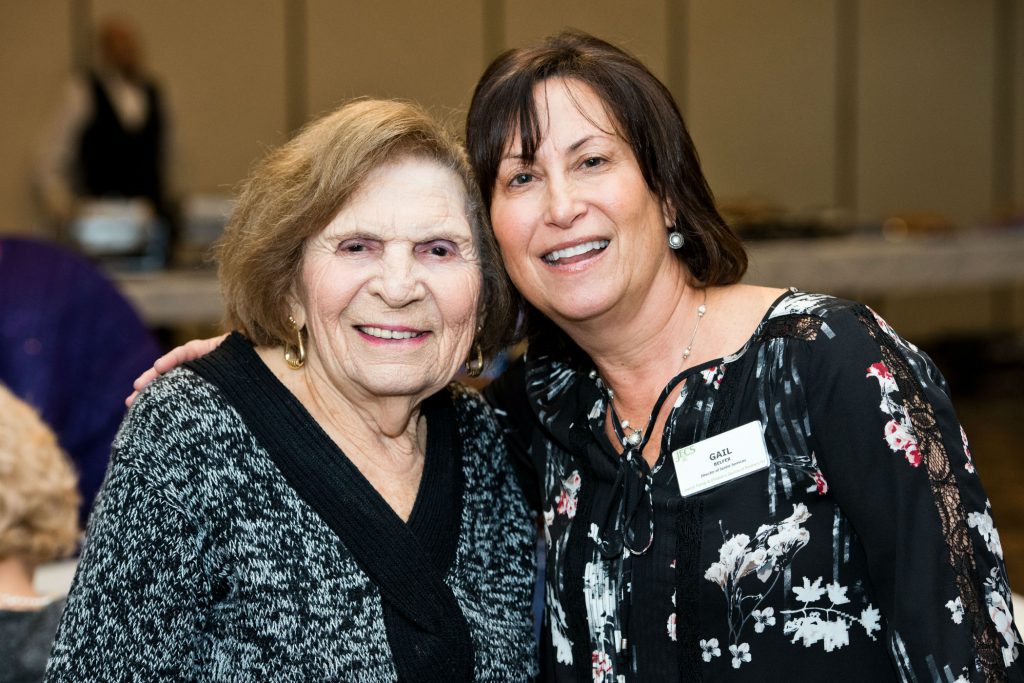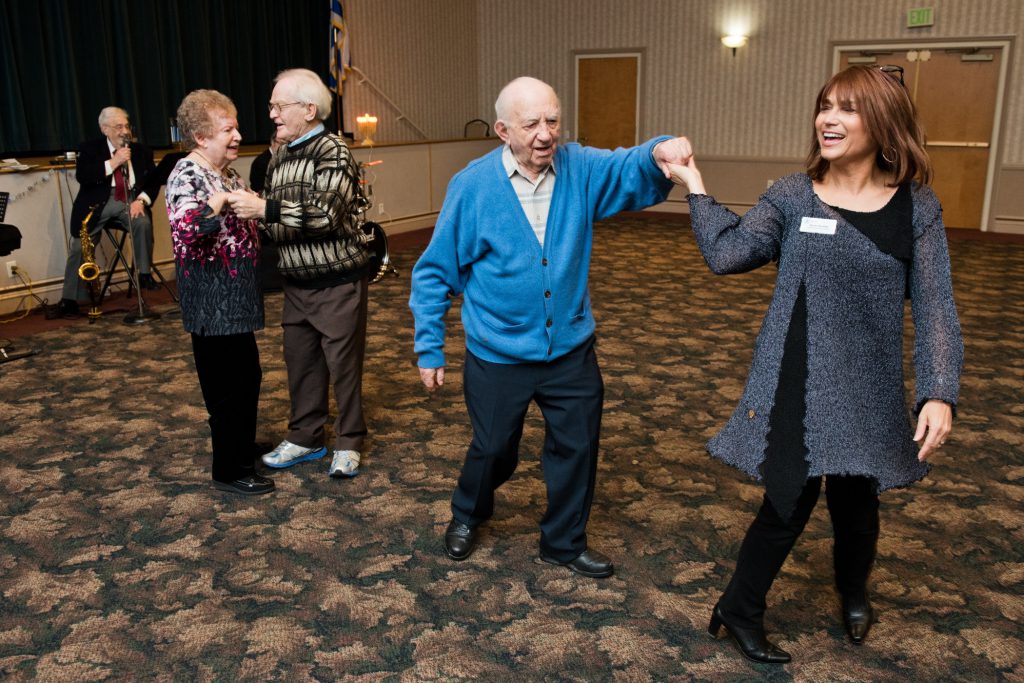By Betyna Bock My Mother Tongue My mother tongue lies dormant,shipwrecked in dark childhood memorieslike a water damaged diaryof a past traveller. Once I spoke this language well,a fluent pre-schooler,tossing nouns and adjectives in the airlike a juggler. Now with each wordstuck in my gut,and painful childhood memorabilia.Dolls without arms,ripped up nursery rhyme books,and tea sets splattered…
The Long Goodbye
By Renee Symonds My uncle is musing, “I remember the day she was born. I didn’t want to go to school. I was 7 years old. I remember my mother giving birth to her at home. I remember it like yesterday.” My uncle is lost in reverie – a reverie that takes him back to…
By Irit Felsen, Ph.D. and Elizabeth Edelstein This paper describes the Educators program at the Museum of Jewish Heritage – A Living Memorial to the Holocaust in New York City. This program reflects the unique emphasis of the Museum on the lived experience of eyewitnesses to the events of the Holocaust and on interactive engagement with…
By Sara Zenlea, LCSW This article focuses on the interactions and feelings experienced between elementary level students and Holocaust survivors in school settings. Background Adults who experience close intergenerational interaction are less prone to depression and have better physical health, as they feel more active and productive. They tend to be happier with their…
By Philipp Sonntag On 13 April 2001, the Association of Child Survivors in Germany (Child Survivors Deutschland, CSD) was established, nearly fifty-five years after the end of the Holocaust. The group, initially modest in its aims, soon became an invaluable new organization, which served as a kind of “surrogate family,” for many survivors. It offered…
By Betyna Bock Nora at the Fruit Shop In Theresienstadt you worked in the vegetable garden and stole fruit and vegetables. You defied death by disregarding the rules and hiding them in your lumber jacket while the Czech police weren’t looking. Now sixty years later in your smart red blazer and pleated floral skirt you breeze…
By Michael Andrew Eisinger, M.A., and Barbara Joyce Bedney, Ph.D., M.S.W. The Jewish Federations of North America Center for Advancing Holocaust Survivor Care December 29, 2017 According to the Substance Abuse and Mental Health Services Administration (SAMHSA) (2014), “individual trauma results from an event, series of events, or set of circumstances that is experienced by…
By Tatiana Kastner, MSW, RSW “Art is a powerful tool of communication,” as C.A. Malchiodi says in her Handbook of Art Therapy (2003, p. 3). Its therapeutic benefits for the person’s emotional well being have been reported for diverse populations (Canadian Art Therapy Association, 2017). The multi-faceted approach of Expressive Therapies can be very appropriate…
Compassionate Responses
By Renée Symonds Sir Moses Montefiore Jewish Home (Board Member) Co-ordinator Holocaust Awareness Program The Sydney Jewish Museum (Consultant Psychologist) How does one transmit the history of the Holocaust, of the traumatic life-long effects of the Holocaust on its survivors and its child survivors and also teach of the trans-generational transmission of that trauma on the descendants…
By Emily Kaplan Through the musical offerings at our monthly Café Europa social luncheon events, our Holocaust Survivor Support team quickly realized that music holds a special place in survivors’ hearts. Looking around the room when a performer plays Broadway tunes or sings Jewish music in Hebrew or Yiddish, it is easy to see the…


